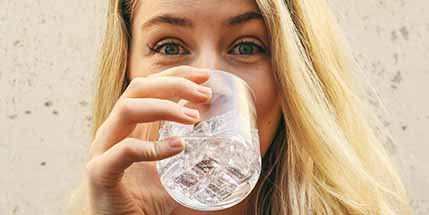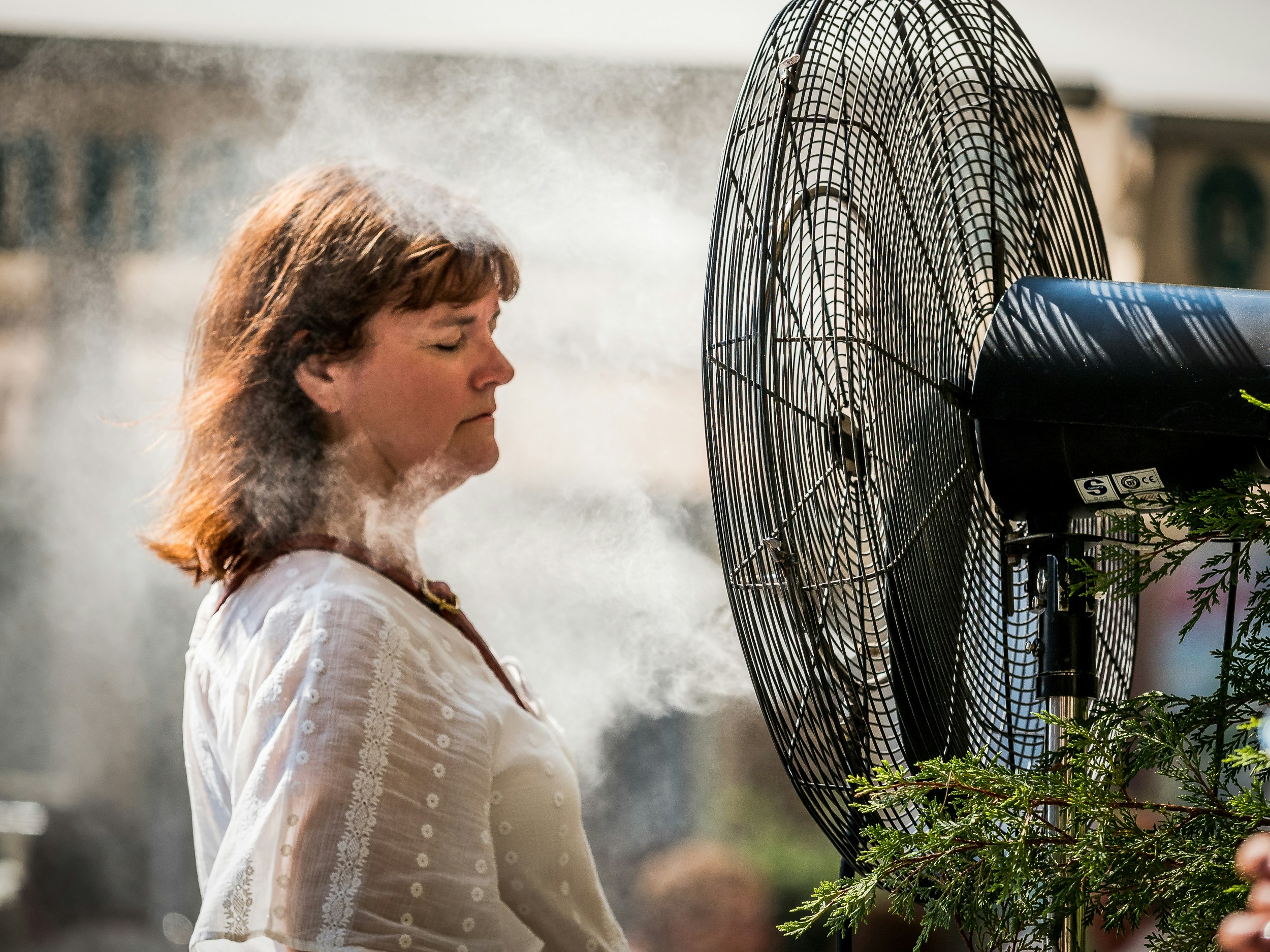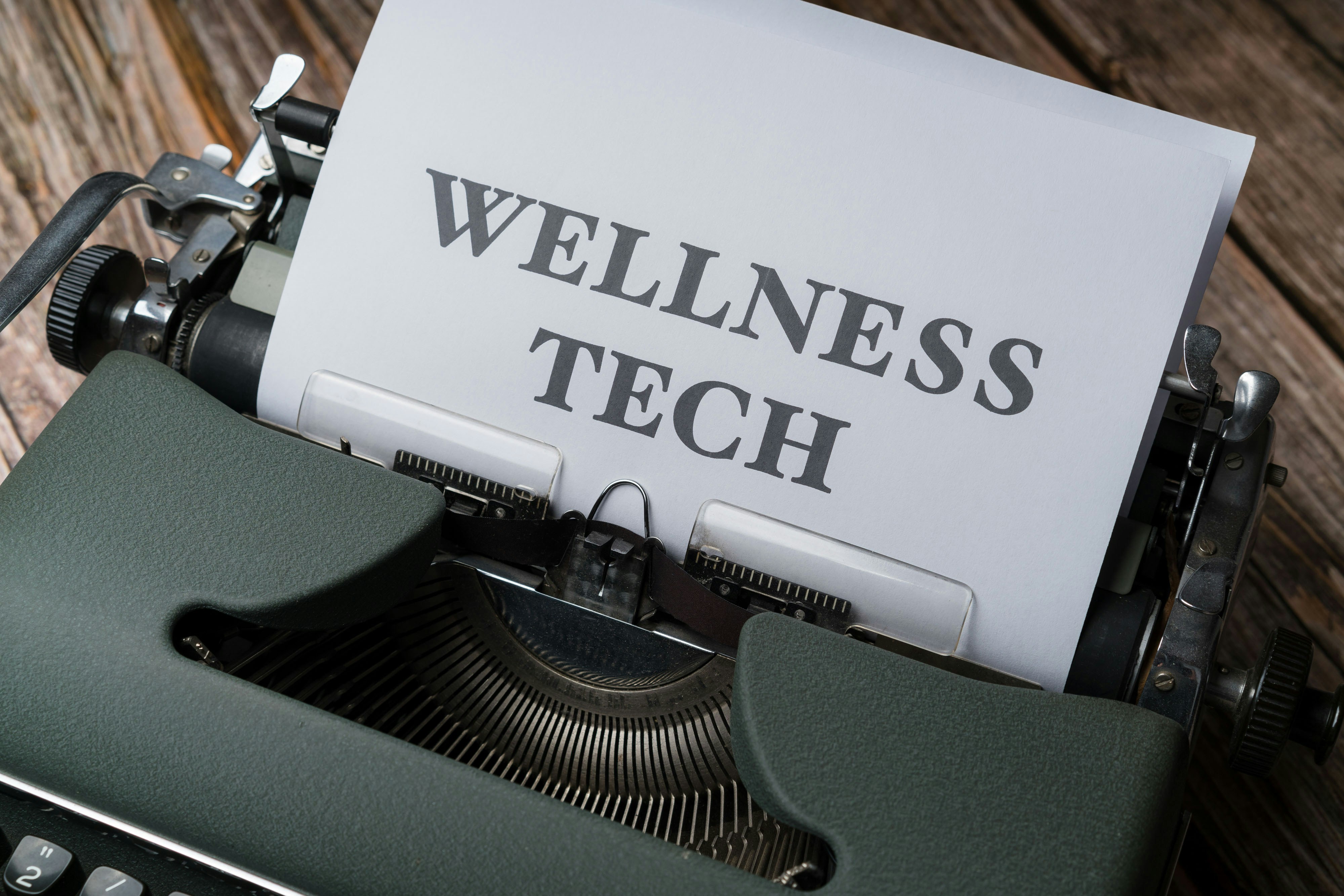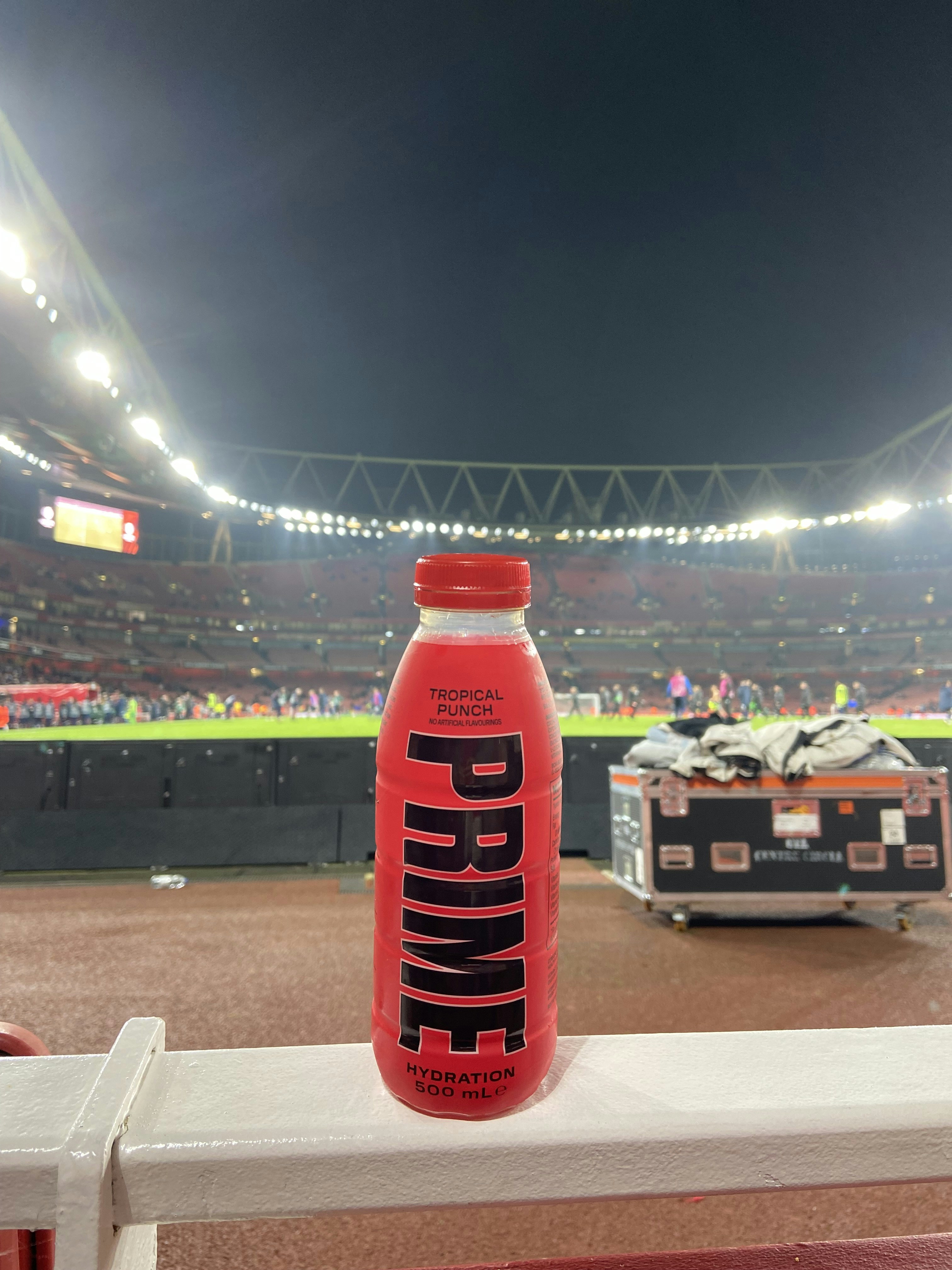Daily Water Intake
Determining the right amount of water intake is crucial for maintaining optimal health. A commonly mentioned guideline is the ‘8×8’ rule, which suggests drinking eight 8-ounce glasses of water per day, totaling about 2 liters or half a gallon. While this rule serves as a simple and easy-to-remember baseline, authoritative sources such as the Institute of Medicine (IOM) and the World Health Organization (WHO) provide more nuanced recommendations.

The IOM suggests that adequate daily water intake is approximately 3.7 liters (about 13 cups) for men and 2.7 liters (about 9 cups) for women, including all beverages and moisture in food. These recommendations can vary based on several factors:
Factors Influencing Water Needs
Age: Children and adolescents require different amounts of water compared to adults and the elderly. For instance, children aged 1-3 years need about 1.3 liters per day, while adolescents aged 14-18 need around 2.3-2.6 liters per day.
Gender: Men typically require more water than women due to generally larger body mass and muscle tissue, which requires more hydration.
Weight: Heavier individuals may need more water to stay adequately hydrated.
Activity Level: Physical activity increases water needs. Athletes or individuals with physically demanding jobs may need significantly more water.
Climate: Hot and humid conditions increase water loss through sweat, necessitating higher water intake to prevent dehydration.
Overall Health: Certain health conditions, such as kidney stones or urinary tract infections, may require increased water intake. Medications can also influence hydration needs.
Recommended Daily Intake Table
Below is a summary table of the recommended daily water intake for different population groups:
| Group | Recommended Daily Intake |
|---|---|
| Children (1-3 years) | 1.3 liters |
| Adolescents (14-18 years) | 2.3-2.6 liters |
| Men | 3.7 liters |
| Women | 2.7 liters |
| Pregnant Women | 3.0 liters |
| Breastfeeding Women | 3.8 liters |
It’s important to debunk some common myths about water consumption. For example, the notion that everyone needs exactly eight 8-ounce glasses of water daily is overly simplistic. Individual hydration needs can vary widely based on the factors mentioned above. Additionally, while it’s often said that caffeine and alcohol are dehydrating, moderate consumption of these beverages can still contribute to overall fluid intake.
Understanding your unique hydration needs helps in maintaining optimal health and well-being, making it essential to consider these guidelines and factors in your daily routine.
Practical Tips for Staying Hydrated Throughout the Day
Maintaining adequate hydration is crucial for overall health and well-being. One practical method to ensure consistent water intake is to set reminders throughout the day. Utilize smartphone apps or set alarms to prompt you to drink water at regular intervals. This helps in forming a habit and prevents forgetting to hydrate amidst a busy schedule.
Incorporating hydrating foods into your diet is another effective strategy. Foods such as cucumbers, watermelons, oranges, and strawberries have high water content and contribute significantly to your daily hydration needs. Below is a table listing some hydrating foods along with their water content percentages and benefits:
| Food | Water Content (%) | Benefits |
|---|---|---|
| Cucumber | 96% | Low in calories, high in vitamins and antioxidants |
| Watermelon | 92% | Rich in vitamins A and C, supports heart health |
| Orange | 86% | High in vitamin C, boosts immune system |
| Strawberry | 91% | High in fiber, antioxidants, and vitamins |
Using water bottles with measurement markings can also be beneficial. These markings help track your water intake throughout the day, ensuring you meet your hydration goals. Additionally, recognizing early signs of dehydration, such as dry mouth, fatigue, and dark urine, is essential. Addressing these signs promptly by increasing water intake can prevent more severe dehydration.
Adjusting water intake based on specific activities and conditions is vital. For instance, during exercise or hot weather, your body loses more water through sweat, necessitating increased hydration. Similarly, when unwell, especially with fever or gastrointestinal issues, your body requires more fluids to recover. By being mindful of these conditions, you can tailor your hydration practices to maintain optimal health.
Implementing these practical tips can help you stay hydrated throughout the day, ensuring your body functions efficiently and remains healthy.






















+ There are no comments
Add yours